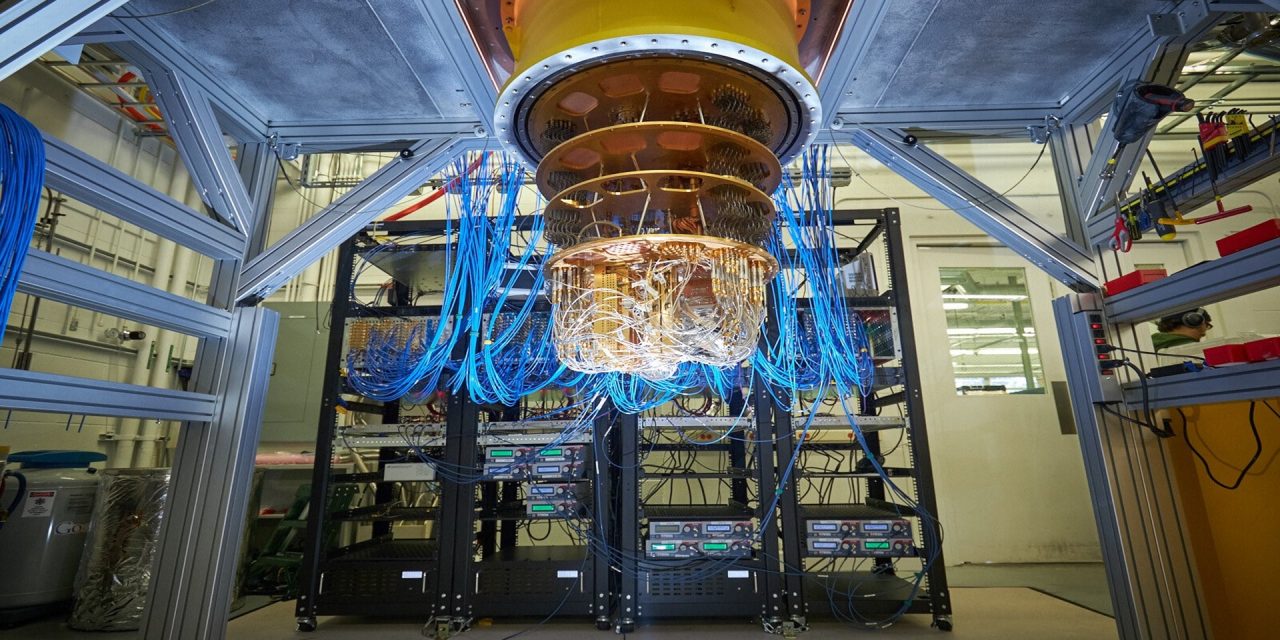Chinese researchers claimed to have made the most powerful quantum computer which reportedly outperforms the previous supremacy holder, Google. The researchers have also been boasting it as a greatest milestone in the development of quantum computers.
In case you don’t know quantum computers process information differently to classical computers. Instead of bits, quantum computers use qubits. Rather than just being on or off, qubits can also be in what’s called ‘superposition’ – where they’re both on and off at the same time, or somewhere on a spectrum between the two. Take, for example, a coin. A classical computer can only process one side of the coin, but quantum can process both side of the coin or in between.
According to TechTimes, the Zuchongzhi quantum computer features a massive 66 qubits in total, compared to Sycamore chip of Google that have only 54 qubits as well as beating IBM’s System One chip with 20 qubits. By increasing more qubits, the performance of the machine has drastically increase. However, doing so is a tedious task for computer engineers as the process of including qubits into the chips is complex. Plus, the effort to make it work smoothly sans the errors is another hurdle that developers crucially face.
According to report, Zuchongzhi has solved a problem in just over an hour that would have taken the world’s most powerful classical supercomputer eight years to solve. And, in the future, it may be capable of even higher performance.
“We estimate that the sampling task finished by Zuchongzhi in about 1.2 hours [or 70 minutes] will take the most powerful supercomputer at least eight years,” the researchers wrote in the paper. “The computational cost of the classical simulation of this task is estimated to be 2-3 orders of magnitude higher than the previous work on 53-qubit Sycamore processor.”
“Our work establishes an unambiguous quantum computational advantage that is infeasible for classical computation in a reasonable amount of time. The high-precision and programmable quantum computing platform opens a new door to explore novel many-body phenomena and implement complex quantum algorithms.”
The article has yet to be peer-reviewed, but it is interesting to see how the future will be fully revolved around technologies. Quantum computers could be the game changer of our future.










